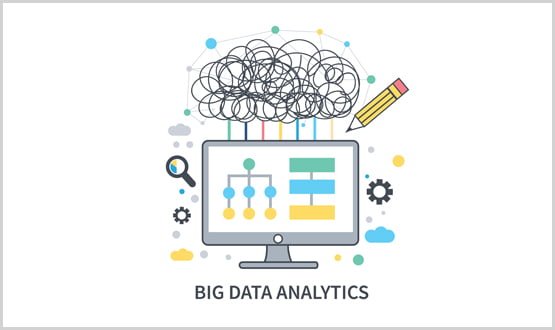New service to untangle data in NHS trusts

NHS trusts now have access to a one-stop solution for consolidating their data, to be ready for when the new General Data Protection Regulation comes into force.
Commvault, a data and information management software specialist, together with web science company Flyinbinary, have created the new service to help prepare trusts and health organisations for the General Data Protection Regulation (GDPR).
NHS Trusts can have anything up to 500 systems, all holding patient data, and by bringing together all the disparate data held by NHS Trusts into one source, trusts will be able to meet the GDPR standard, according to the co-creators of the new service.
The GDPR comes into full force in May next year and will inevitably change the data protection landscape in the UK, by altering how organisations handle, protect and move personal data.
Both the government and Information Commissioner’s Office have confirmed the regulation will still apply despite it coming into effect as the UK is leaving the European Union.
John Gladstone, EMEA Healthcare Practice Lead at Commvault said the new service, available on G-Cloud 9, provides a one-stop shop for NHS trusts to consolidate their data to become GDPR compliant.
“Currently NHS trusts and healthcare organisations hold data in hundreds of stand-alone systems, creating silos of data in many different formats”, Gladstone said.
“The Analytics Private Health Data Vault service brings together this data into one golden source to address the challenges of GDPR regulation.”
He said it is the first step towards detangling the data held by healthcare organisations.
G-Cloud 9 is FlyingBinary’s ninth framework award, having been listed on the Government Cloud Digital Marketplace since its inception.
Jacqui Taylor, FlyingBinary’s chief executive said traditionally the public sector has lagged in its use of cutting-edge systems, especially in healthcare.
“We have built this new G-Cloud service based on Commvault’s Clinical Archive. It is a key component of our cloud service for NHS trusts, to give them the transformation tools they need to become data-driven organisations, as well as providing a significant step towards GDPR compliance”, Taylor said.
“Unlocking the data held by the NHS is key to improving efficiencies and better patient care.”
Based on the Commvault Clinical Archive, the service addresses data management on both the clinical and business sides of healthcare in a single platform, combining automation and orchestration capabilities, enterprise data management and cutting edge search and analytics.
It means providers can decommission legacy picture archiving and communications (PACS) systems into a single data management platform, while making legacy data accessible to new PACS solutions and available for bulk migration.
If you would like to know more about GDPR, Digital Health Intelligence will host a webinar: Understanding GDPR on June 22.





5 Comments
Does it provide data portability to the individual?
Will I be able to login and have access to my data via APIs?
How does it protect my right to privacy and give me explicit and informed consent?
How does it enable the right to be forgotten?
This is very interesting but also vague andvGDPR is massive.
So very vague…
And where are the carrots / sticks that are actually going to make this happen?
Some fairly hefty EU fines for organisations that don’t comply. If it provides patients with the data portability via APIs/Portals that is a carrot for anyone forward thinking.
Hi
Please could you define more clearly exactly which GDPR articles and recitals this software / hardware solution addresses, and exactly how “data becomes GDPR compliant”
Regards Peter
Comments are closed.